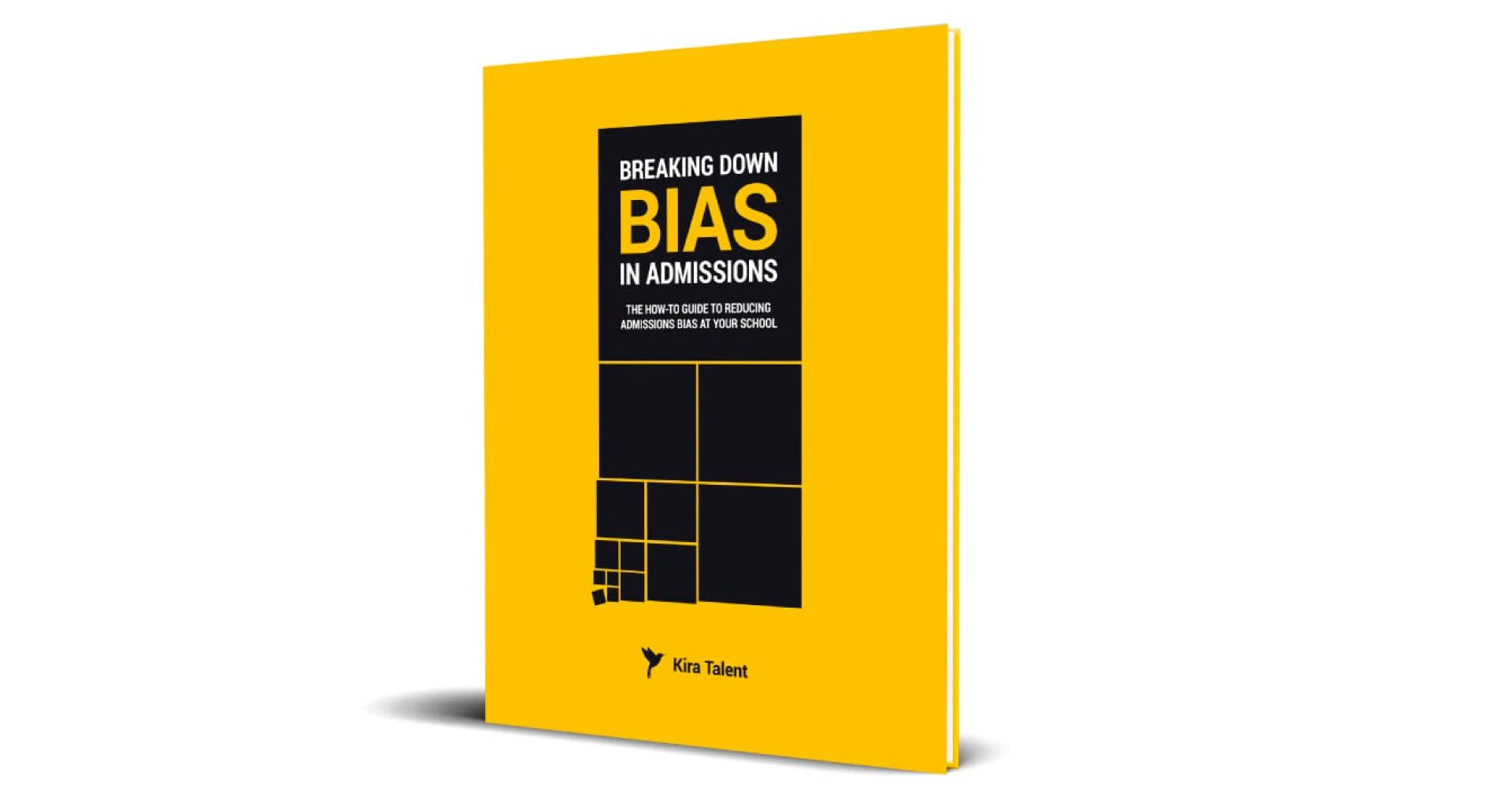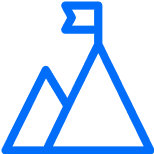At the University of Connecticut School of Law, students get the best of both worlds. A big school name with a small school feel, UConn Law boasts a six-to-one student-to-faculty ratio even as they count alumni in 50 US states and more than 50 countries around the world.
“Oftentimes the drawback of going to a school with a big name and a big reputation is that you're on a big campus where it's easier to fall through the cracks and harder to make personal connections,” explained Lauren Terbush, the Director of JD Admissions at UConn School of Law. “But that is not the case here. You'd be hard-pressed to find an employer who hasn’t heard of the University of Connecticut, but the law school itself is fairly small so you get that intimate classroom setting.”
Receiving an average of 1,500 applications per year, UConn Law knows that this on-campus environment is a significant draw for prospective applicants — many of whom want the opportunity to demonstrate why they would be successful in such a collaborative environment.
“In my 10 years of working in law school admissions I've frequently been asked by applicants if we have an interview opportunity,” Terbush explained. “While we’ve always wanted to include an interview in the admissions process, we wanted to ensure that we were doing so equitably, which for us means offering an interview to every candidate.”
“When we discovered Kira Talent, we realized we could finally add that long-sought-after component to our application,” Terbush shared.
A future-proofed process to identify applicant fit
“Any seasoned admission professional knows that a written application can’t capture an applicant's whole story,” Terbush explained. “The question is: what other aspects should we be giving deference to?”
“Law school admissions have long held a serious reliance on traditional, quantitative indicators of academic success such as standardized tests and undergraduate GPAs,” she shared. “However, the shift towards test-optional policies in the undergraduate admissions space raises the possibility that law schools may one day adopt the same strategy. With that in mind, we want to start building and refining a holistic admissions process now so that we’re prepared for the future.”
“Employability has also become a much larger focus in recent years,” Terbush continued. “Prospective students want to go to schools that have the best employment rates, so admissions teams are looking to evaluate employability in the admissions process. What better way to evaluate employability than with an interview?”
“The interview component allows us to get a better sense of who a candidate is, giving us a more holistic view of our applicants’ capabilities and overall program fit.”
A structured and quantifiable way to measure qualitative skills
“Asynchronous interviews aren't necessarily new in law school admissions,” shared Terbush. “Every year I'm hearing from colleagues across the country who have added an interview component to their admissions process. When we decided to bring an interview into our process I spoke to those colleagues and got their advice on several different platforms. When we compared our options, Kira stood out from the rest.”
One group that Terbush spoke to was her colleagues at the University of Connecticut School of Business’s MBA program who had already been using Kira for 8 years.
“For their admissions team, the quantitative element of scoring in Kira made all the difference, allowing them to use the assessments to make scholarship determinations,” Terbush explained.
“With Kira, you get a quantitative measure of qualitative skills.”
Kira’s structured evaluation and custom rubrics allow UConn’s reviewers to assess all applicants with the same competency-based criteria that is unique to the process at UConn, producing an overall score.
Learn more about scoring and analytics in Kira’s Asynchronous Assessment
“Quantitative factors are highly valued in law school admissions, and there is a rationale to that,” Terbush continued. “Where quantitative factors are easy to assess, rank, and organize, it can be very difficult to compare two qualitative reviews. With Kira, we get a qualitatively informed quantitative factor.”
Making a new process painless with a user-friendly product and exceptional client support
“When we spoke to other Kira clients to learn more about their experience, the one thing that always came up was the fantastic customer service,” Terbush shared. “That proved to be true throughout our onboarding and launch.”
“It certainly helps that the platform is very user-friendly,” she continued. “Some of my colleagues are somewhat wary of technological advancements, and even they were pleasantly surprised at how easy the Kira platform is to access and navigate. But no matter how simple a platform may be, it’s a significant undertaking to create and launch an entirely new element in your admissions process.”
“The Client Success Team at Kira made it not only possible but painless,” shared Terbush. “We made the decision to launch Kira only six weeks before the start of the admissions cycle.”
“It was an impossibly quick turnaround and while I would recommend to others to give themselves more time, Kira simply told us not to worry, they would get it done.”
“Kira sectioned the onboarding process into digestible chunks so that it never felt overwhelming for us,” she explained. “Meetings were scheduled periodically, each with a clear focus on what we were going to learn that day and the key takeaways from each session. The whole support team was very organized and even-keeled, taking us step-by-step all the way to the launch.”
Maintaining the integrity of the admissions interview with plagiarism detection
“Creating the assessment was similarly a structured and collaborative process,” shared Terbush. “We already knew what competencies we wanted to assess, so Kira helped us determine what style of question – behavioural versus open-ended – and response – written versus verbal – would elicit the most effective data points about our applicants by really hitting on the competencies that we were looking to assess.”
“Behind the scenes, Kira’s integrity metrics and security features also help us ensure that we’re assessing what we want to be.”
“Kira tracks applicants’ typing speeds for their written responses, browser refreshes, and flags suspicious behaviours so that our team can investigate further,” Terbush added. “With the rise of generative AI, we know how that can impact the integrity of written applications, which is why we love having this added layer of security. After all, writing is one of the most essential skill sets that a lawyer needs to have.”
Finding the diamonds in the rough
“As our first cycle of applicants complete their Kira assessment, I’m loving how we’re able to get to know our candidates better,” Terbush shared. “We’ve already seen cases where applicants who may not have stood out on paper shine in their interview.”
“We can see that they’re going to be a great fit for our institution and that they have that employability factor,” she added.
“It feels like we’ve got an assessment that’s helping us evaluate exactly what we should be evaluating for, and that’s really crucial and very exciting.”






